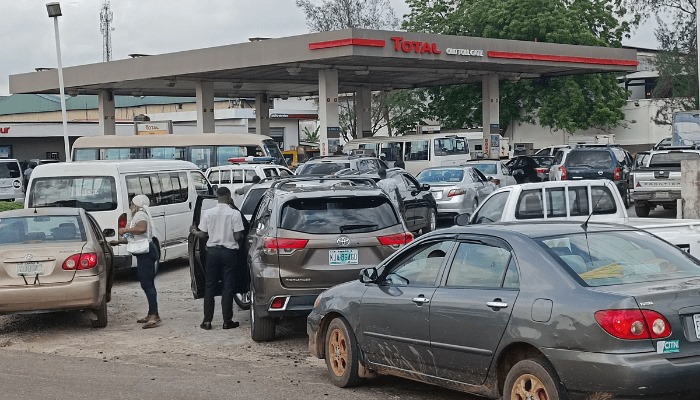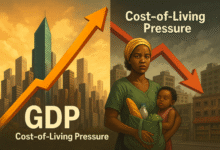Major oil marketers assure Lagos residents of fuel supply
 The Major Energies Marketers Association of Nigeria (MEMAN) says the distribution of petroleum motor spirit, commonly known as petrol, has begun from depots to filling stations in Lagos and other states.
The Major Energies Marketers Association of Nigeria (MEMAN) says the distribution of petroleum motor spirit, commonly known as petrol, has begun from depots to filling stations in Lagos and other states.
“There was low stock over the Easter weekend for some MEMAN members resulting from truckout to supply stations without replenishment at our depots.
“This has led to outages in some retail outlets during the past week. Moving forward, we want to assure the public that supplies have resumed and all MEMAN members are collaborating closely to expedite the distribution process.
“Members are working tirelessly at our depots, including extended hours and weekends, to ensure that retail outlets are adequately stocked.
“Our collective goal is to eliminate fuel queues and stabilise the supply chain before the upcoming Sallah holidays next week,” he assured.
However, NAN’s correspondent, who monitored the situation, reports a resurgence of fuel queues in Lagos as supply diminishes.
Motorists across filling stations in various parts of the state, including Ikorodu Road, Bridge, Anthony, Mayland, Oyingbo, Ogba, Ikeja, Alausa, Oba Akran, Surulere, and Victoria Island, experienced long queues of vehicles.
At the Total Filling Station on Mobalaji Bank Anthony in Ikeja, fuel queues stretched for several kilometers, leading to traffic congestion.
On the bustling Ikorodu Road, the presence of fuel racketeers selling in jerrycans indicated a shortage in supply.
The majority of NNPC filling stations with petrol also had long queues of vehicles, attributed to its lower retail price compared to others.
NNPC retail stations sell at N568 per litre, while other major and independent marketers sell at over N600 per litre.
Moreover, independent filling stations, with a larger share of outlets, have been out of stock for several months.
A marketer who preferred anonymity told NAN that there had been a shortage in supply from the importers of the last resort.
The marketer said that the scarcity was also caused by the delay in the outstanding payment by NNPC Trading Ltd. to international traders.











